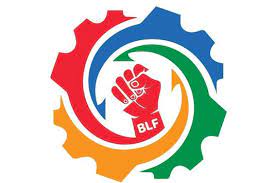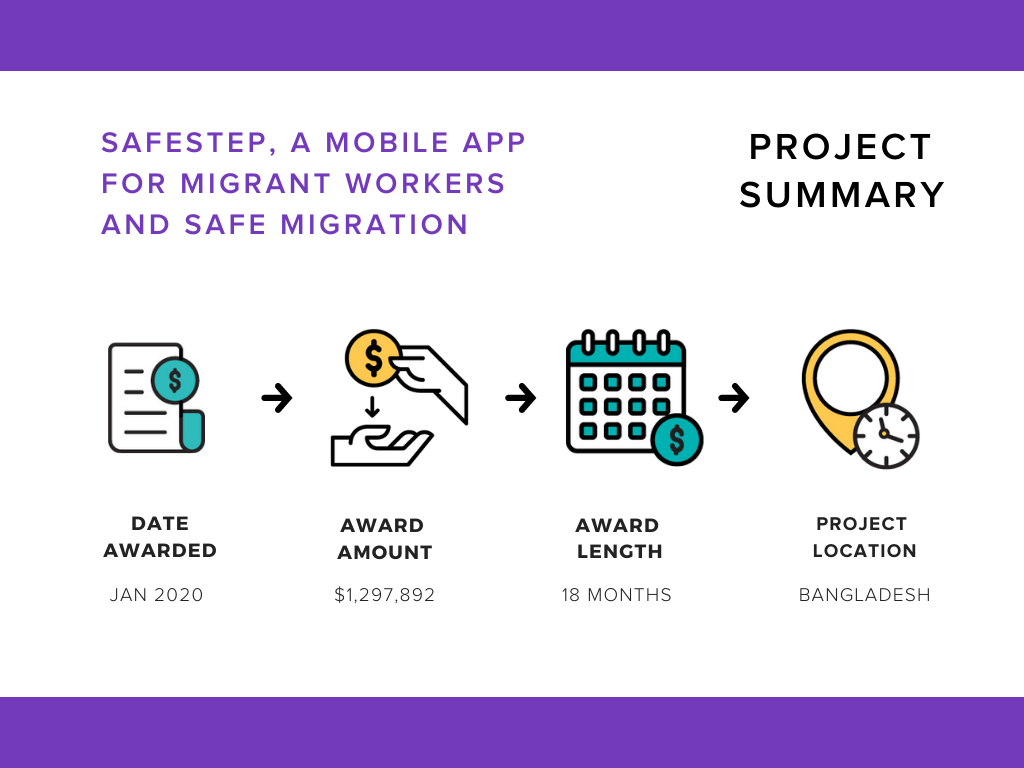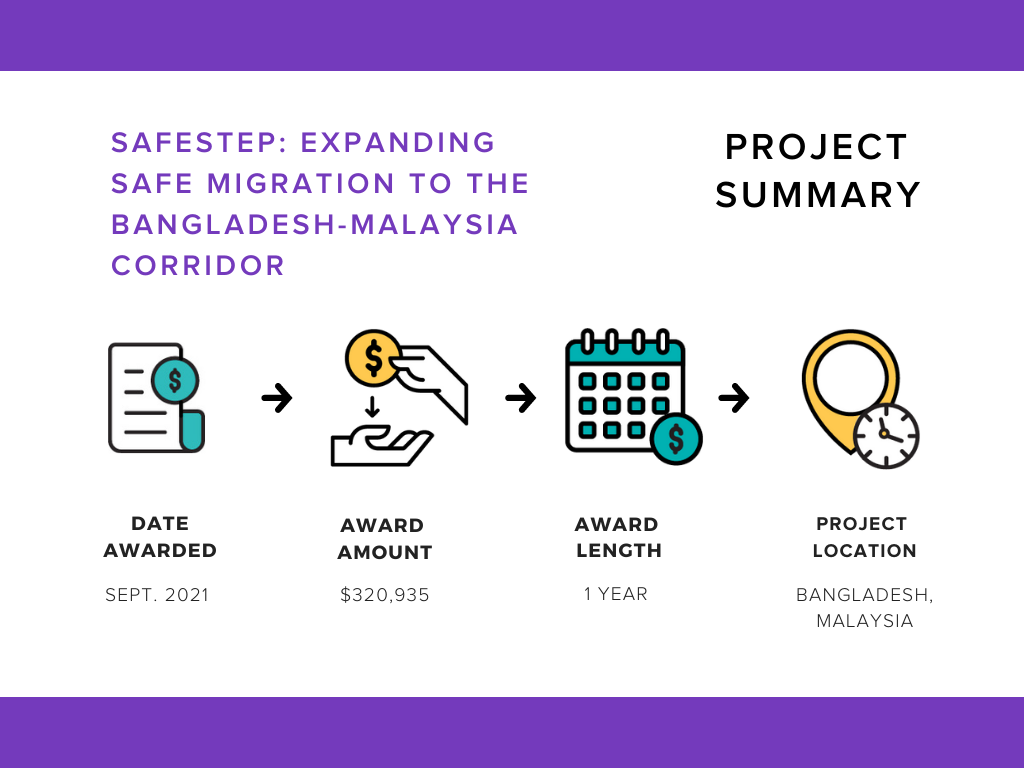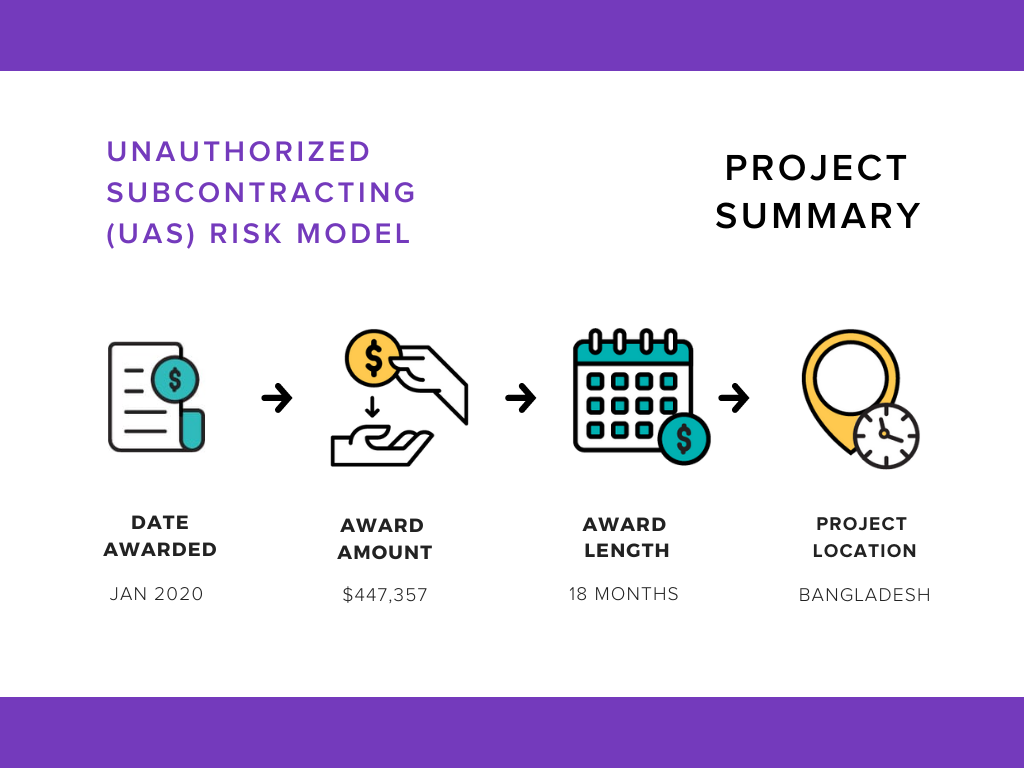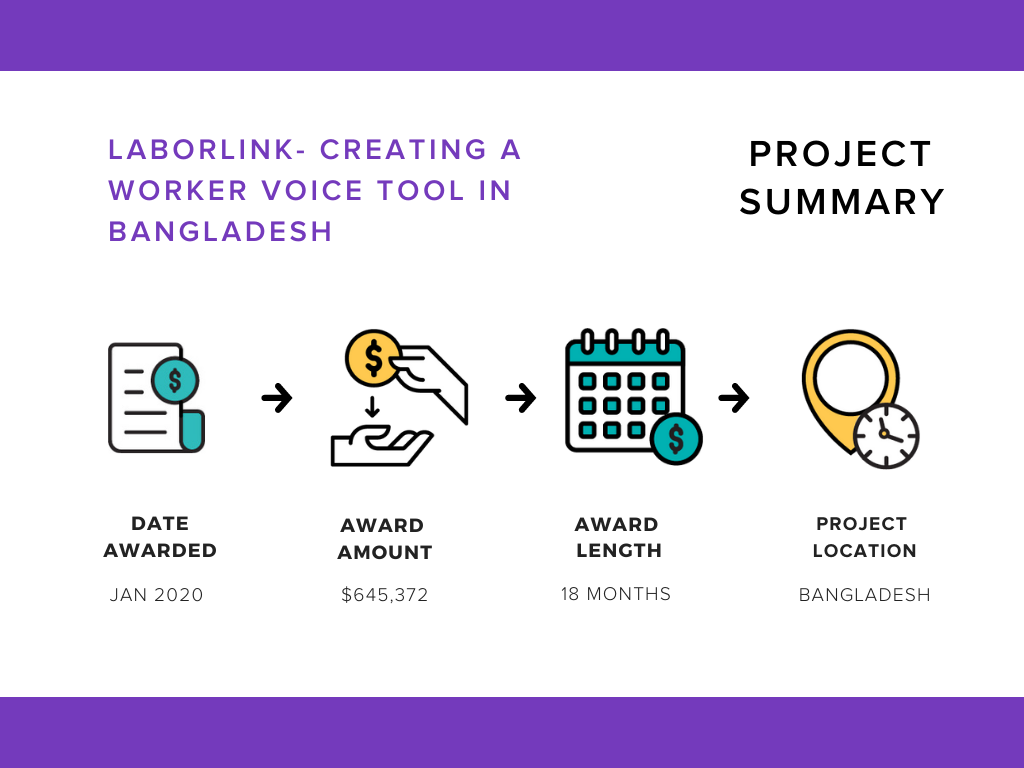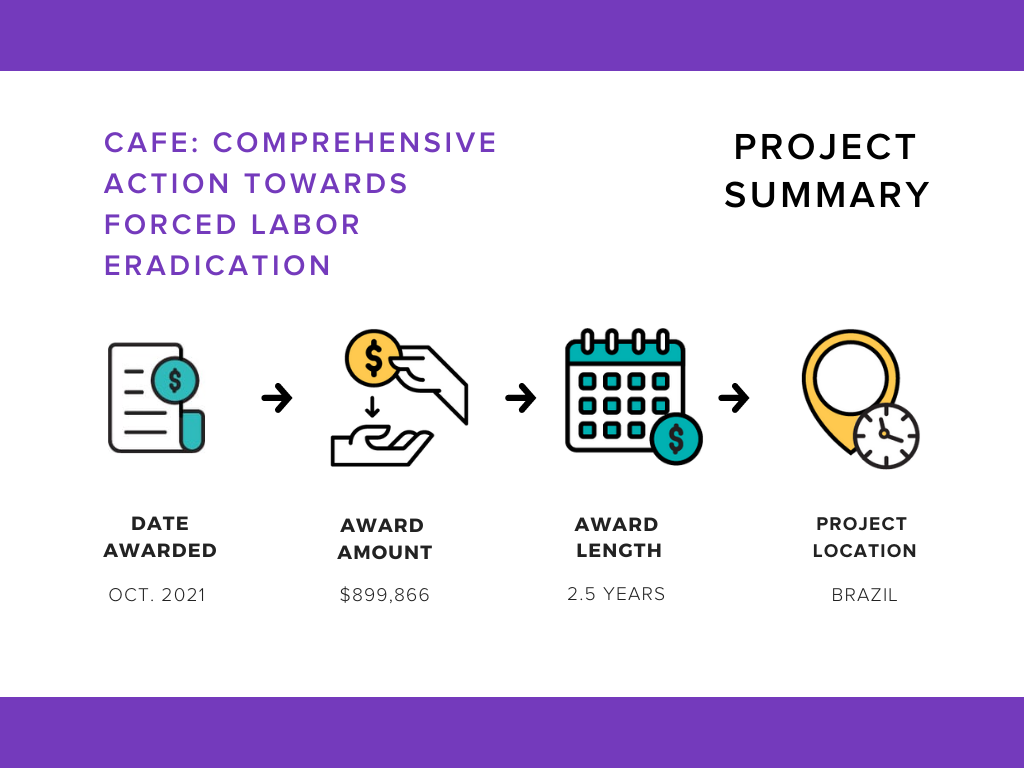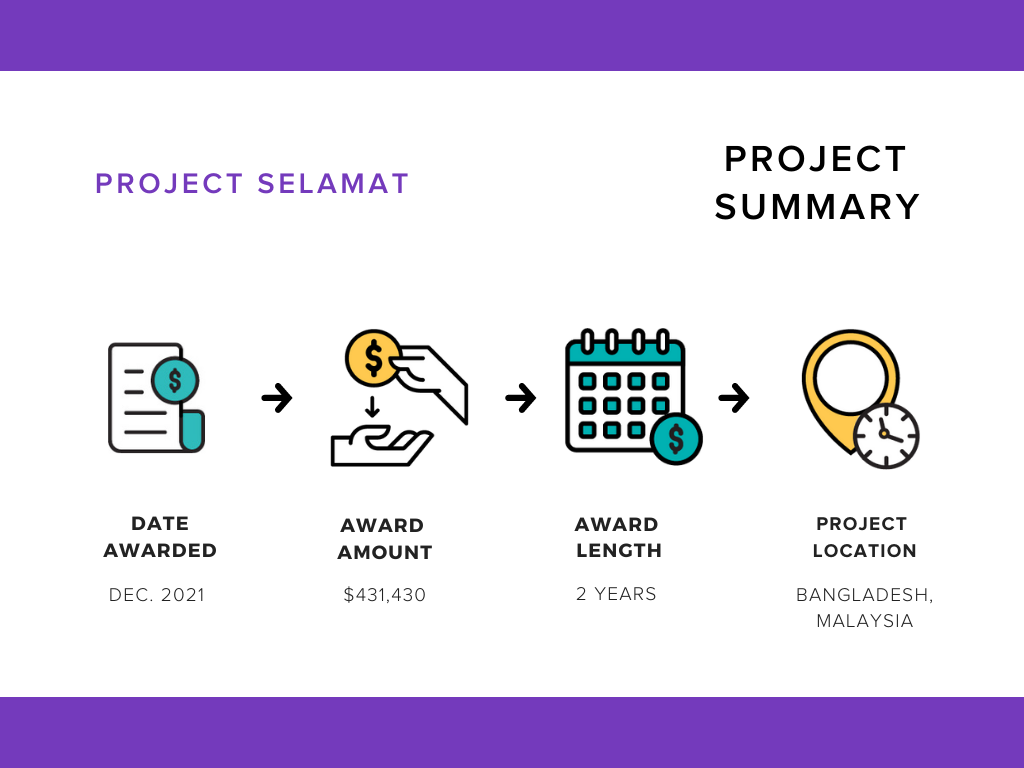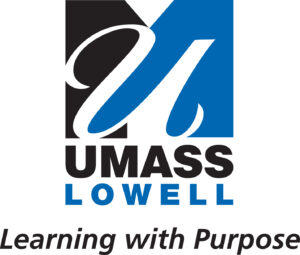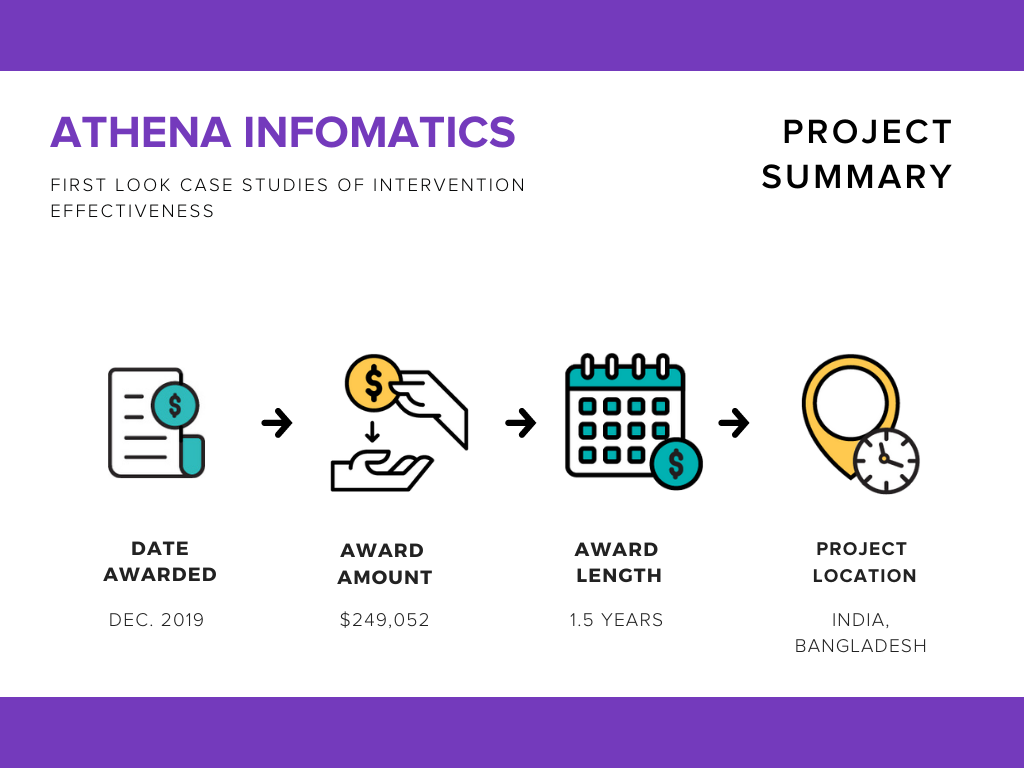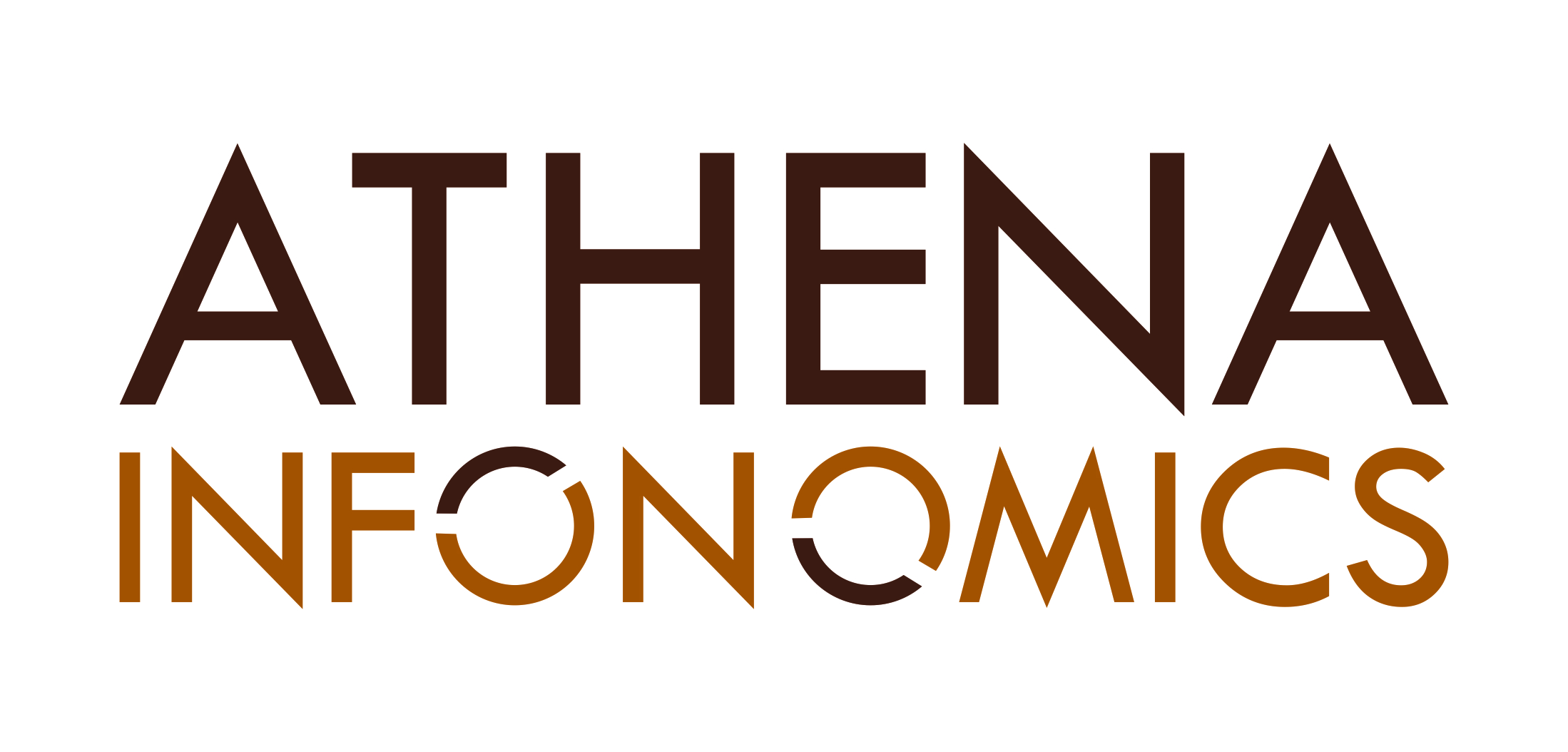March 31, 2021
Commercial Sexual Exploitation
First Look: Empowering families to end child sex trafficking
GFEMS has partnered with Seefar and My Choices Foundation to design and implement an awareness campaign to test and build evidence for what works best in promoting positive knowledge, attitude and practices…
Read this post